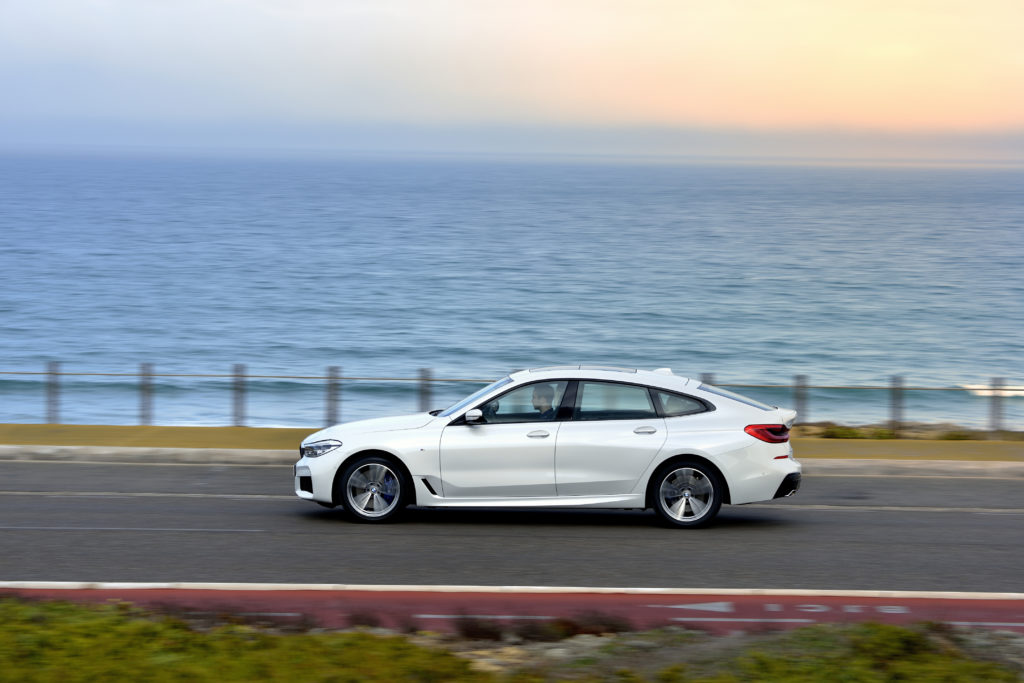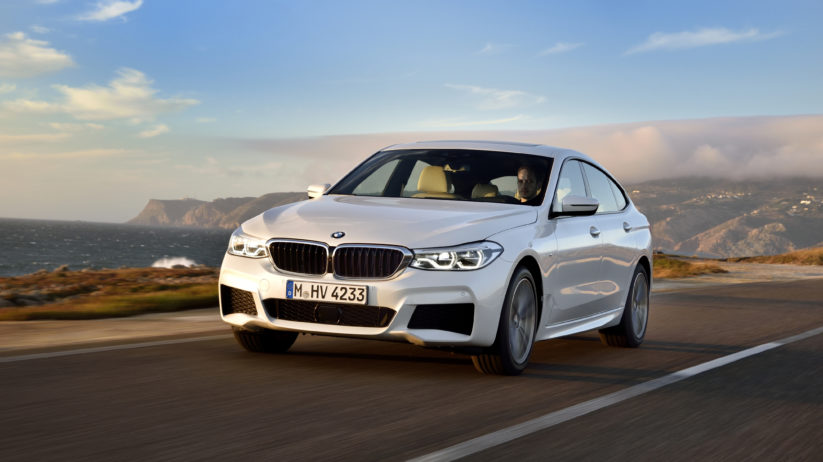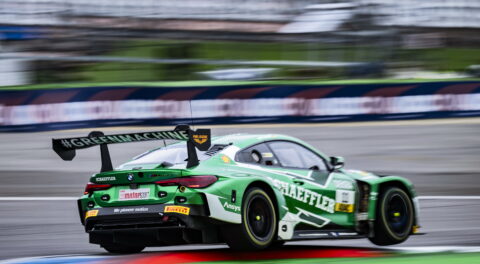Although it’s currently in the midst of receiving its life-cycle-impulse (LCI) redesign, the 6 Series Gran Turismo is reportedly on the way out for the U.S. market. The 6 Series GT is based on the same platform as the current 5 Series, so an update makes sense, even though the Gran Turismo has only been on the market for two years. Nonetheless, slow sales in the U.S. are said to be the main reason why the model won’t be available here for the 2020 model year.
The life of the 6 Series GT is also speculated to be limited beyond its current generation. BMWBlog recently reported that the model won’t be continued in a second generation, even though it will continue to be sold elsewhere in the world in its current generation. The current version is scheduled to be produced until 2024, but the decision to not succeed the 6 GT runs contrary to a report by Automobile a few weeks ago that we also covered. The 3 Series GT was previously cancelled, with no succeeding generation for the F34 planned, either.

Despite low sales, BMW Gran Turismo owners, at least those who come from an enthusiast background, seem to be quite fanatical about their vehicles. We have at least a few of these devotees in the BMW CCA, and more specifically, one of our columnists here at BimmerLife recently added one to his fleet, a decision he has since raved about on this website.
The rest of us, however, are often left scratching our heads when we see a BMW 3 Series GT, 5 Series GT (remember those?), or 6 Series GT in traffic. Above all, these humpback BMW model derivatives seemed confused about what they wanted to be as they made their way down the factory line. From the front, they’re almost visually indistinguishable from the conventional sedan models upon which they are based, but the side profile and rear-three-quarter perspective reveal questionable proportions that have caused many of us to remain skeptical of them ever since the F07 5 Series GT went into production back in 2009.

There’s also the practicality element. There’s no debating the fact that a GT offers some advantages over a conventional sedan. The problem is that the capacity is still compromised compared to an SAV. And then there are the polarizing visuals, which appear downright bizarre next to a sport wagon of comparable size. At the end of the day, even though GT owners enjoy a roomy interior and respectable storage capacity, it’s still very tough to argue for a GT instead of something like an X3 or X5—or better yet, a 3 Series or 5 Series Touring, like the kind that BMW refuses to sell here.
We perennial BMW appreciators often lament the growth of the brand’s model portfolio, with an ever-expanding range of SAVs and SACs that all seem to overlap themselves and other models. Perhaps the GT models were one step too far in the wrong direction, and a decade of low sales might finally be the writing on the wall that BMW can no longer ignore.
Will you miss BMW’s GT models?—Alex Tock
[Photos courtesy BMW AG.]





















